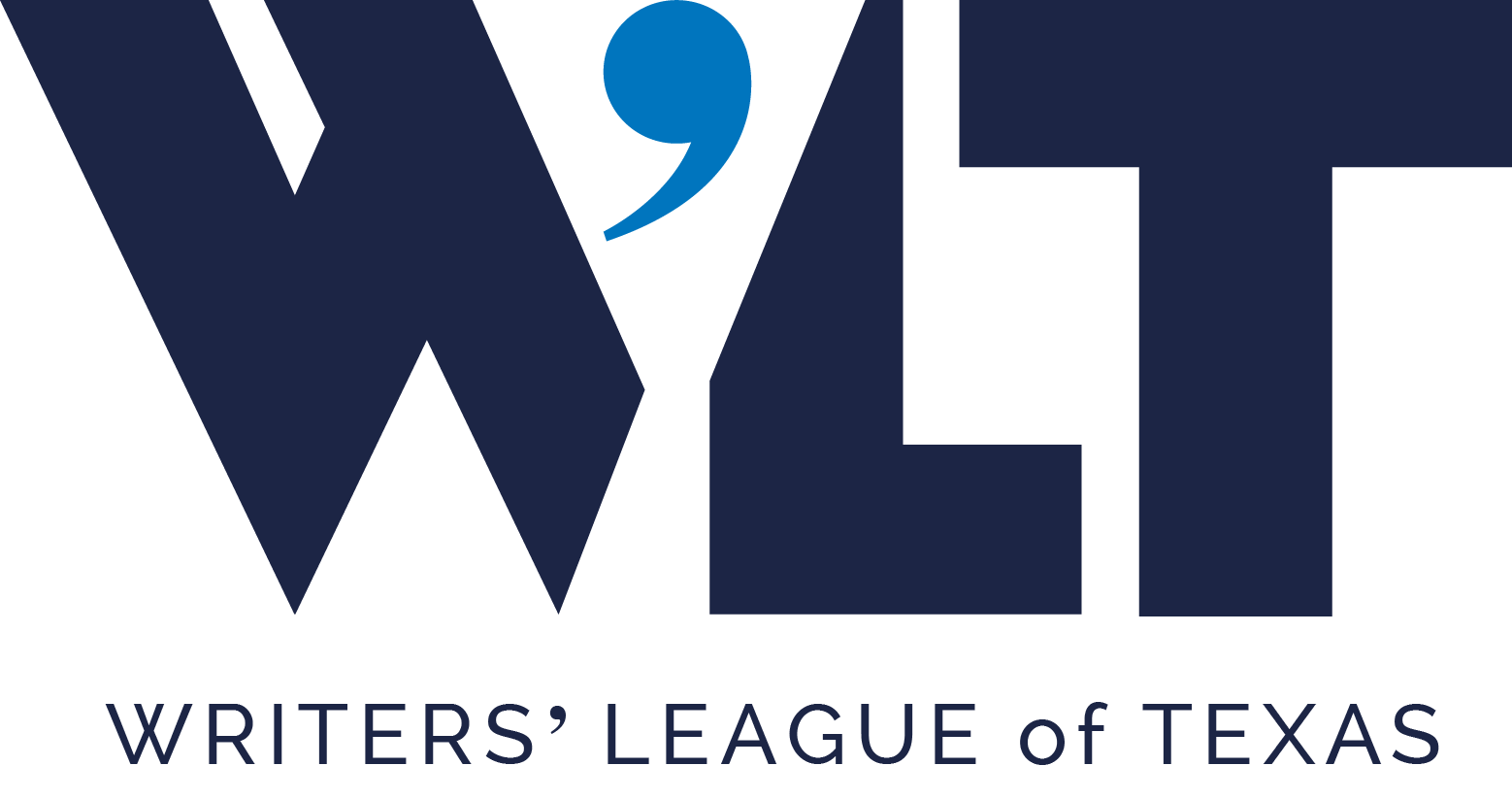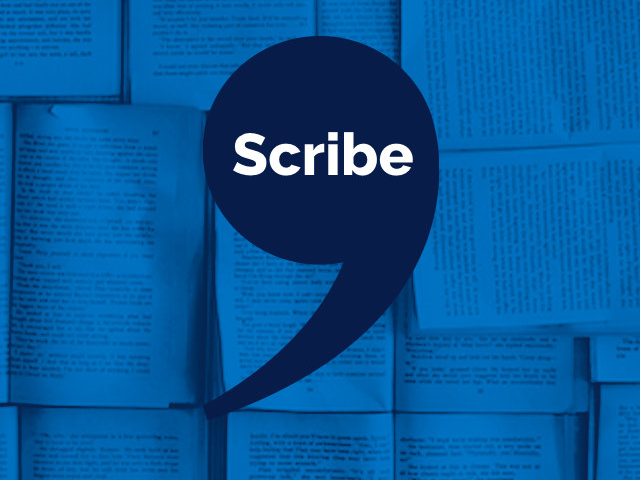“My goal is for writers to really understand the power of the nonlinear narrative—how to employ and emphasize the strengths of the structure while avoiding some of the potential negatives. There are some real benefits of this structure that can make a book memorable, action-packed, and emotionally satisfying—if used correctly!”
-Varian Johnson
Varian Johnson is the author of six novels, including the Jackson Greene middle-grade series. The first novel in the series, The Great Greene Heist, was an ALA Notable Children’s Book Selection, a Kirkus Reviews Best Book of the Year, and has been named to over twenty-five state reading and best-of lists. His books for older readers include My Life as a Rhombus and Saving Maddie, a Bank Street College of Education Best Children’s Book. Varian has also written for the Spirit Animals middle-grade fantasy series as well as short stories for middle grade and YA audiences. His newest stand-alone novel, The Parker Inheritance, is forthcoming in Spring 2018.
 On October 14, Varian will teach “Crafting Nonlinear Narratives” at ACC’s Highland Campus in Austin, TX. This class will use strategies from published works to help writers structure narratives with multiple POVs and time frames. We asked Varian about the books he’s learned from, challenges he’s faced in his own work, and what people will take away from the class.
On October 14, Varian will teach “Crafting Nonlinear Narratives” at ACC’s Highland Campus in Austin, TX. This class will use strategies from published works to help writers structure narratives with multiple POVs and time frames. We asked Varian about the books he’s learned from, challenges he’s faced in his own work, and what people will take away from the class.
What is a book that you recommend to people over and over? What makes it so compelling?
Recently, I’ve been suggesting that both kids and adults read Holes by Louis Sachar. It’s such a great, complex book, with both humor and heart. You can read that book over and over and always find something new in the text.
In your own work, what has been one challenge posed by the craft, structure, voice, etc., of a book that you’ve had to puzzle out?
In the novel that I have coming out next year, The Parker Inheritance, I really struggled with the structure for the first few drafts. The narrative jumps back and forth in time, and I couldn’t quite figure out when to jump to the past, or for how long to stay there. I eventually stopped and reread a number of books that also employed a nonlinear narrative to help me sort it out.
Has there been a moment of epiphany in terms of your work, when you thought, “This is it! Now I know what I’m doing?” How long did that feeling last?
Ha! That feeling of euphoria comes with every book, usually after the end of a long writing day. But that feeling is soon gone once I go back to the page the next day and read what I wrote.
What piece of advice do you find yourself giving to writers again and again?
To read widely. Many writers only want to read one type of book—usually the type of book that they write themselves. By reading widely, we take the good from all different types of genres and bring them to our work.
What is one thing that people will take away from this class?
My goal is for writers to really understand the power of the nonlinear narrative—how to employ and emphasize the strengths of the structure while avoiding some of the potential negatives. There are some real benefits of this structure that can make a book memorable, action-packed, and emotionally satisfying—if used correctly!
—
Thanks, Varian!
Click here to learn more about and register for Varian’s class.
Click here for our current class schedule.









